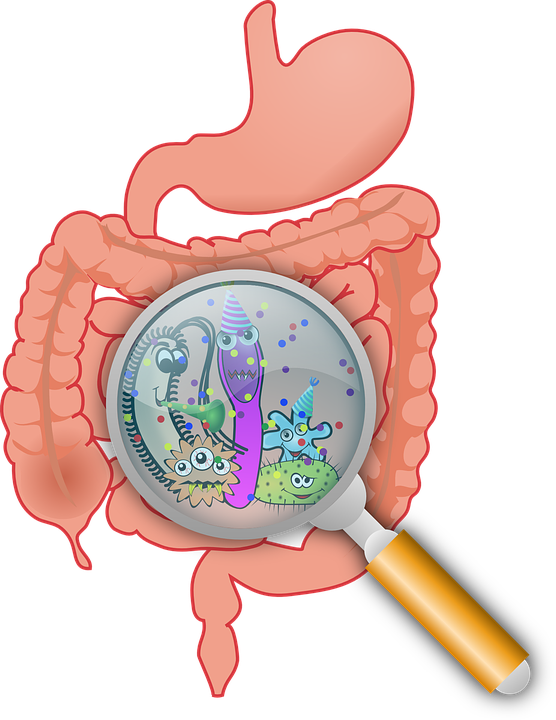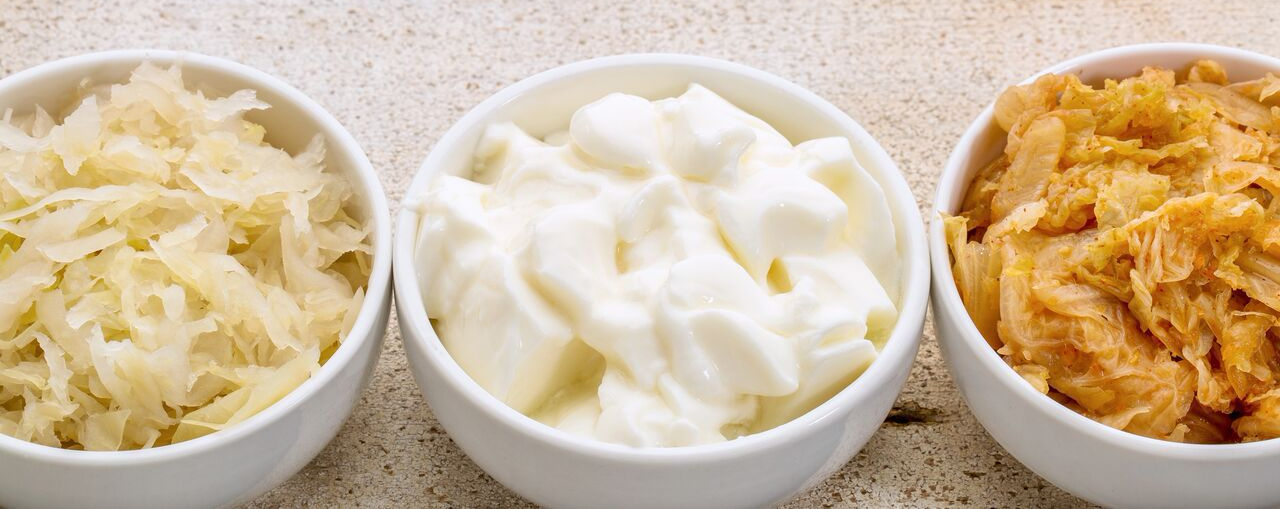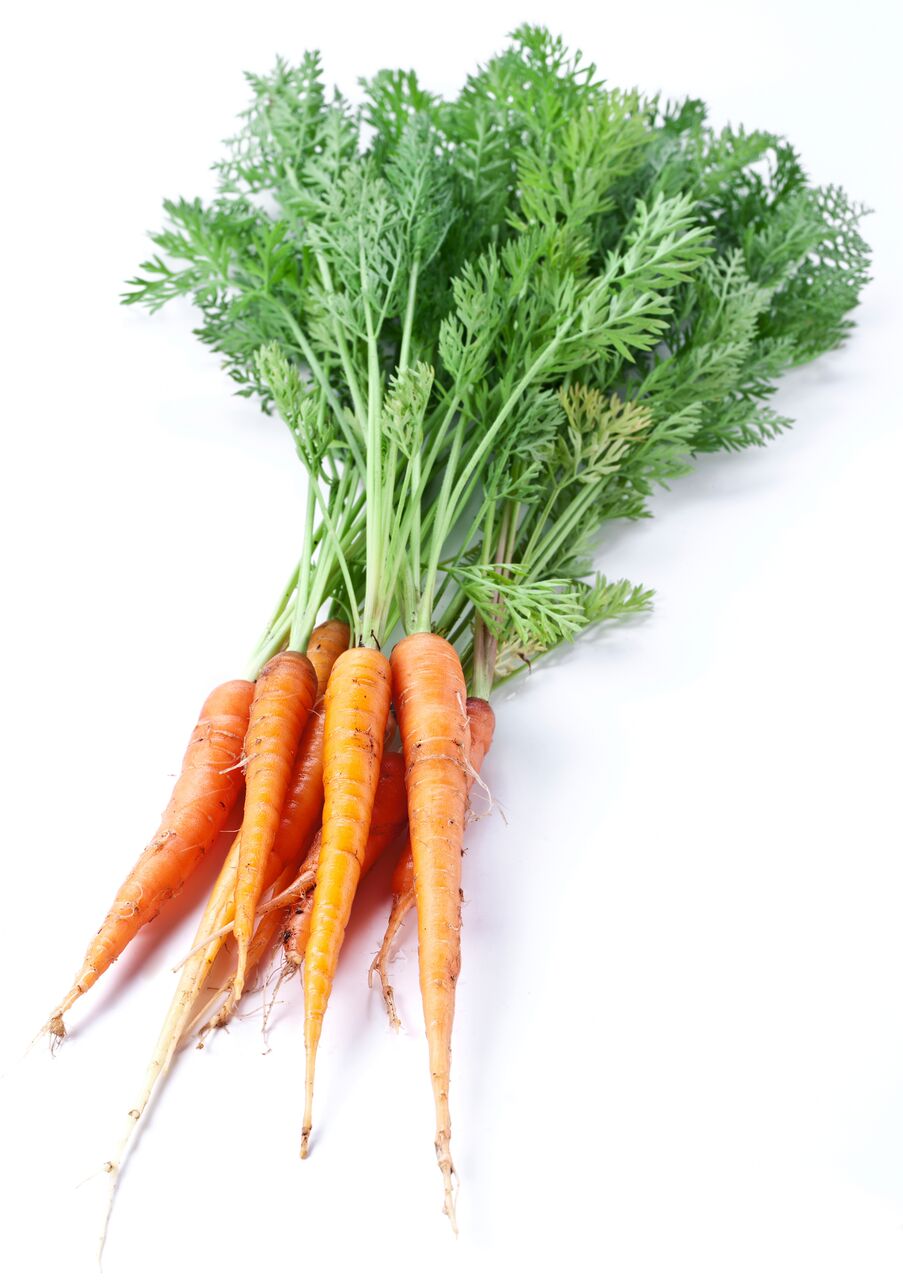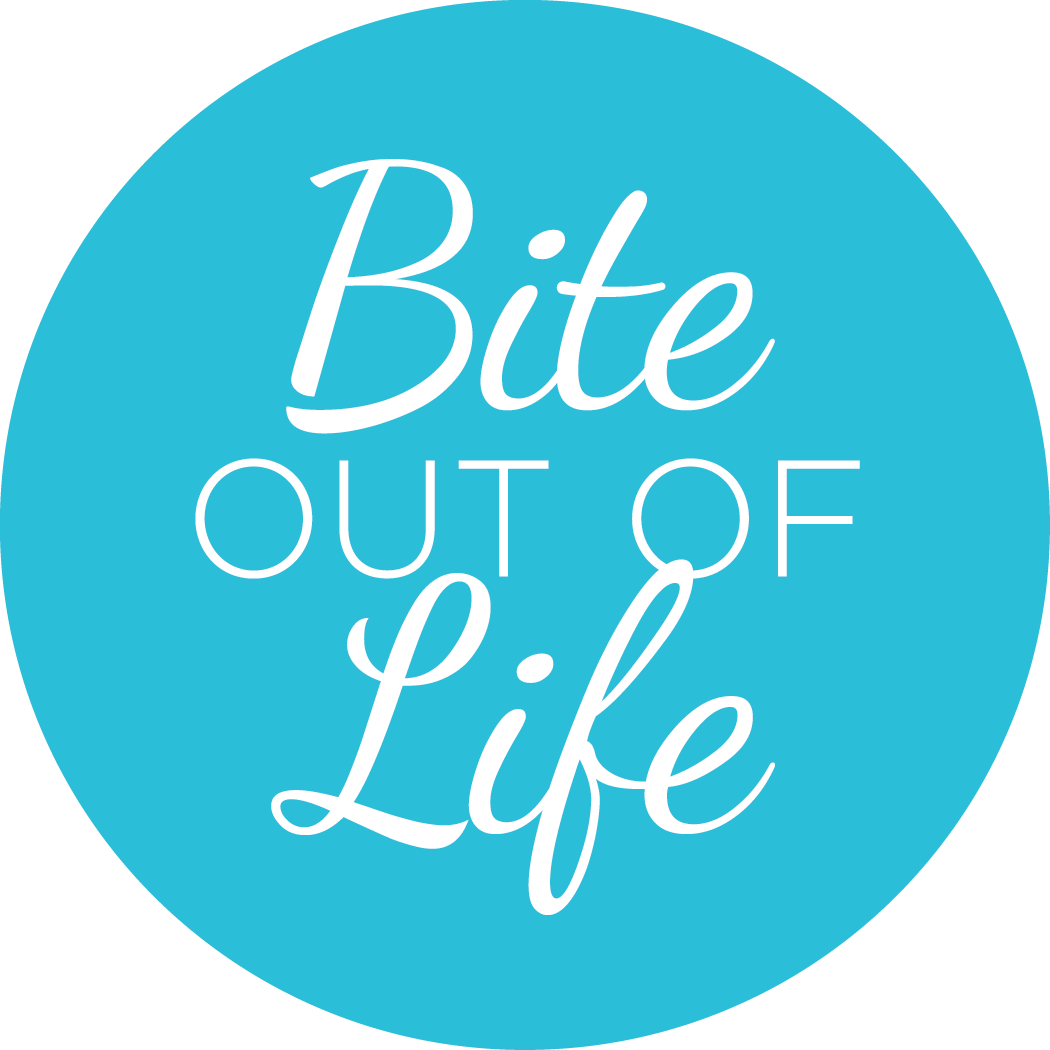 Hippocrates, the father of modern medicine, said “All disease begins in the gut.”
Hippocrates, the father of modern medicine, said “All disease begins in the gut.”
And while this may not be 100% true for every disease in every person, a growing body of evidence shows that our gut (digestive system) has a bigger role in many health conditions than we used to think. And we’re not just talking about heartburn, constipation, diarrhea, IBS, IBD, etc. We’re talking about all kinds of chronic issues like allergies, pain, mood disorders, nutrient deficiencies and – here’s a big one – obesity (I’m going to discuss this connection in depth in an upcoming blog post).
There are a lot of reasons for this. Our gut is the portal to the outside world. It’s here where we take in the lion’s share of the disease-causing bacteria, viruses, and parasites that take us down the sickness path.
And let’s face it – if you’ve ever had digestive discomfort – bloating, pain, running to the bathroom, cramps, constipation, acid reflux, inflammation – you know how uncomfortable and embarrassing it can be. And how much it disrupts the quality of your life.
We also take in nutrients through our gut. The nutrients we ingest and absorb are the building blocks of every single part of our body. We’re just learning the intricate connections between our gut and other areas of our body, like our brain. Have you heard of “the gut-brain axis”? Stay tuned we’ll talk more about that going forward.
The big players in our gut health are its friendly resident microbes. These guys also have newly discovered roles in our gut health and overall health as they keep their toxic badass counterparts under control.
So, let’s talk about the roles that our gut and our gut microbes play in our overall health. Then I’ll give you tips to improve your gut health naturally.
Our gut’s role in our overall health
Our gut’s main role is as a barrier. To let things in that should get in, and to keep things out that should stay out. Think of “absorption” of nutrients as things we want to let in; and “elimination” of waste as things we want to pass right through and out.
This seemingly simple role is super-complex! And it can break down in so many places.
For one thing, our guts can “leak.” Yep, the whole digestive system is like one long tube that is permeable, so not surprising that sometimes it can allow things to get into our bloodstream/bodies that can wreak havoc (bacteria, undigested food, and toxins). You name it, whatever you put into your mouth can be absorbed by your gut and get into your bloodstream, even if it’s not supposed to.
What’s worse, when your gut wall gets irritated, it can “leak.” When this happens, you get inflammation, which is a starting point for many diseases that don’t seem linked to the gut but have a sneaky connection there.
FUN FACT: About 70% of our immune system lives in and around our gut. So if you’re the one who catches every single germ that passes through your office or home – chances are you need a gut check and to pay some attention to your belly.
A healthy gut is not a leaky gut. It maintains its barrier and shuttles things through to be eliminated. Maintaining a healthy gut barrier is the first pillar of gut health.
The second key to good gut health are the billions of friendly health-promoting microbes – our little army of health soldiers. Gut microbes help us digest and absorb nutrients. They fight off disease-causing microbes, make some vitamins for us, and have all kinds of other health benefits, like mental health benefits, reducing inflammation, and stabilizing blood sugar. When we are under stress, eating too many faux foods with chemicals, additives or poor nutritional profiles, or taking antibiotics which kill off those friendly fellas quickly and permanently, the balance of friendly versus unfriendly microbes is tipped toward the negative.
So, keeping your gut microbes happy is the second pillar of gut health.
Easy steps to start the process of improving gut health
There are a lot of natural ways to improve gut health. Let’s start with what to stop.
It’s always best to eliminate the cause, so let’s stop giving our guts junk to deal with. How about eliminating added sugars, processed foods, and yes, alcohol? Elimination is kind of the gold standard – but even limiting these irritants may have benefits. Try that for a few weeks, and you may be amazed at how much better your body (and gut) feels.
You may also want to eliminate other gut irritants. Dairy and grains contain common compounds known to irritate some people’s guts. Not everyone has sensitivities to these compounds – like lactose and gluten to name just a couple. But it’s the over-consumption of these that causes the issue. Sometimes you only need to eliminate them for a few weeks to see if it makes a difference for your health.
By eating nutrient-dense foods, we allow ample macro- and micro-nutrients into our gut to maximize the chance for absorption. These nutrients help our bodies build and repair our gut, and every other body part as well. Some of the most nutrient-dense foods include dark leafy greens, colourful fruits and veggies, fish, and yes, liver. (Pâté, anyone?)
As mentioned, the second pillar of gut health is all about our gut microbiota – or the little world of microbes that have set up their universe in our bodies. We must aim to have a larger army of friendly microbes than unfriendly so we can keep our bodies and our health in balance.
Feeding the microbial army

By eating probiotic-rich foods and drinks, we can help to replenish our gut microbes and keep the bad guys in check. These are found in fermented foods like kombucha, kefir, miso, sauerkraut, and kimchi. Make these a part of your daily diet. Only a couple of tablespoons daily will make a big difference. I’ve got a super easy recipe (see below) for you that’s delicious and will give you a bump of probiotic goodness. Nomnomnom!
Whole foods are full of gut-friendly fiber. Not eating enough fiber increases the risk of heart disease, cancer, diabetes, and obesity. Did you know that while most adults need a minimum of 40g of fiber a day to stay healthy, our standard North American diet generally delivers only about 15g?
Fiber plays lots of roles in our gut, including whisking away some of those pesky bad bacteria and toxins so they can be eliminated. Fiber also helps to feed our friendly resident microbes that help us absorb and digest our food better. What foods have a lot of fiber? Fruits, vegetables, nuts, seeds, and even cacao. Whole grains are also a key source – but as we mentioned previously, not everyone can tolerate them to the same degree. So it’s helpful to know how to fill your fiber quotient in other ways.
And don’t forget the uber-important lifestyle factors like getting enough sleep, stressing less, and getting the right amount (and intensity) of exercise for you. It’s easy to forget some of the simple, but key links there are between what we do with our bodies and how well they function.
Wrapping it up….
The function of your gut is key to your overall health. There are two main pillars of gut health: maintaining a good barrier and maintaining healthy gut microbes.
The main ways to improve both of these naturally is by eating nutrient-dense whole foods. Foods filled with nutrition, probiotics, and fiber. And eliminating common gut irritants like added sugar, processed foods, and alcohol.
 Recipe (Probiotic-rich): Fermented Carrots
Recipe (Probiotic-rich): Fermented Carrots
Makes 12 servings
Ingredients:
- 1 L warm water
- 4 tsp salt
- 4 medium sized organic carrots, peeled, sliced
- 1 clove garlic, smashed (optional)
- 2-3 springs of fresh dill (optional)
Directions:
- Make a brine by dissolving the salt in water.
- Place carrots into a clean, sterilized canning jar, packing them in tight. Make sure to leave about 1 inch of head space at the top.
- If using dill, stuff the fresh sprigs in around the carrots.
- Fill the jar with brine, making sure to cover the carrots completely. Pack them tightly so they don’t float up to the top.
- Close the jar and let it sit at room temperature for 1-4 days. The longer it sits, the more the flavour will develop. Feel free to open and taste.
Tip: Use this as a side dish, or even a snack.
References:
https://www.healthline.com/nutrition/does-all-disease-begin-in-the-gut
http://www.precisionnutrition.com/all-about-nutrition-gut-health
http://neurotrition.ca/blog/your-gut-bugs-what-they-eat-and-7-ways-feed-them
